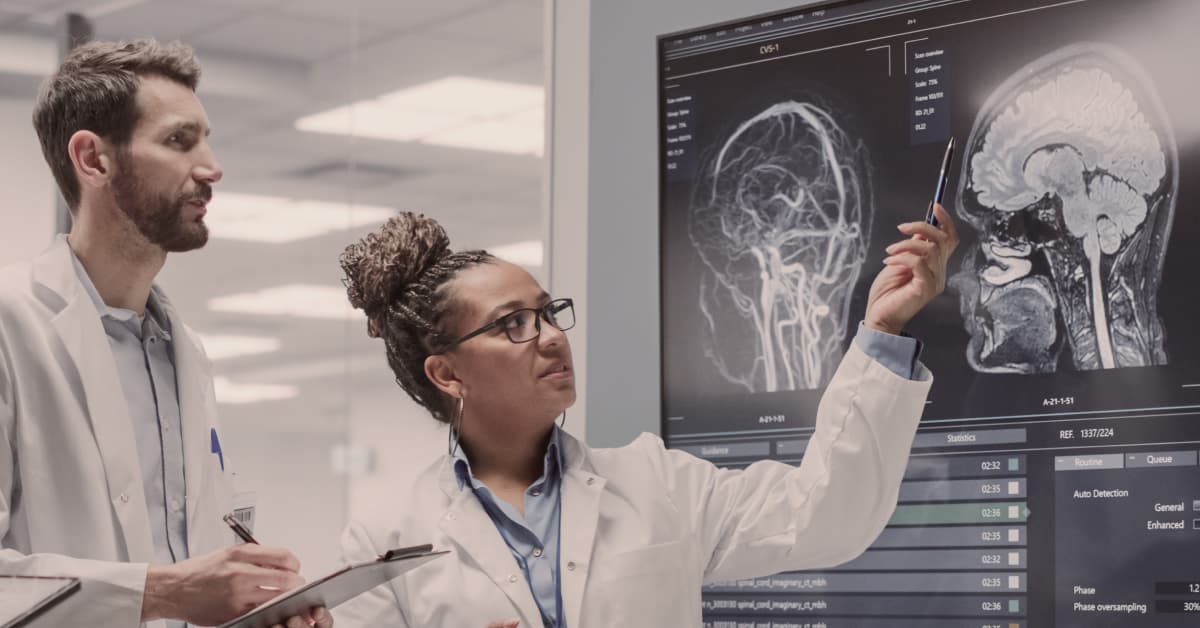

Navigating the aftermath of a traumatic brain injury can pose significant challenges, not just physically and emotionally, but also legally. In Vermont, where personal injury law is complex, securing the right legal representation is crucial. A skilled Vermont brain injury lawyer can make a substantial difference in ensuring fair compensation and justice for those affected.
We understand the intricacies of traumatic brain injuries and the profound impact they can have on our clients’ lives. Our approach focuses on providing robust legal support, aiming to alleviate some of the burdens that come with such injuries. From understanding medical details to negotiating with insurance companies, our role is to advocate tirelessly for our clients’ rights.
The process is often fraught with obstacles, but our commitment to our clients never wavers. We strive to hold responsible parties accountable and pursue the maximum possible compensation for the injuries suffered. Through dedication and expertise, we work to secure not only financial recovery but also peace of mind for those we represent.Lear more about Vermont Brain Injury Lawyer
Table of Contents
Understanding Brain Injury and Legal Recourse in Vermont
In Vermont, brain injuries can range from mild concussions to severe traumatic brain injuries (TBI), each requiring specific legal and medical considerations. Legal recourse often involves understanding the nuances of personal injury law, compensation claims, and the intricacies of negligence.
Types of Traumatic Brain Injury
Traumatic brain injuries (TBI) can occur from various incidents, such as vehicle accidents, falls, or sports injuries. These injuries are categorized into mild, moderate, and severe levels.
Mild TBIs, like concussions, may have temporary effects, although symptoms can often persist. Moderate to severe TBIs can result in long-lasting cognitive impairments or physical disabilities. Understanding neuroanatomy and neurophysiology is crucial to grasp the full impact of TBI on individuals. We must consider how the injury affects daily living and the long-term prognosis. These factors significantly influence injury litigation and our legal strategy for obtaining compensation.
The Role of a Vermont Brain Injury Lawyer
Engaging a brain injury lawyer is essential for navigating Vermont’s legal landscape. These legal professionals, often termed neurolawyers, specialize in personal injury cases and can offer insight into health insurance issues and pursuing just compensation. Our responsibility is to evaluate the evidence of negligence and present it effectively to seek a favorable jury verdict.
In Vermont, we must ensure all necessary documentation is prepared and deadlines are met. A skilled attorney can negotiate settlements and fight for our clients’ rights in court. Expertise in understanding jury dynamics and working with medical experts can make a significant difference in the case outcome.
Navigating the Legal Process
The legal process for brain injury claims involves several critical steps, beginning with a thorough evaluation of the incident to establish negligence. We then assess medical reports and other evidence to substantiate the injury claims. Personal injury claims often require detailed documentation of medical treatments and expenses.
Our approach includes gathering expert testimonies and negotiating settlements. Understanding the procedural aspects, such as filing deadlines, is crucial. We aim to maximize compensation for our clients, ensuring their medical needs and suffering are addressed. Knowledge of Vermont’s specific legal environment helps us effectively represent our clients throughout this complex process.
Support and Recovery
Our focus is on aiding individuals through their journey to recovery after a brain injury. Key elements include accessible rehabilitation, comprehensive treatment options, financial planning, and educational support. This guidance can alleviate the challenges faced by victims and equip them with the necessary resources.
Rehabilitation and Treatment Options
We recognize the importance of tailored rehabilitation for brain injury victims. Various treatment options can address specific needs stemming from both traumatic brain injuries and other neurotrauma. Physical therapy is essential for regaining motor skills and coordination.
Cognitive therapy helps manage communication problems and memory issues. For emotional distress, counseling and psychotherapy are crucial to facilitate emotional healing. Combining these therapies can influence positive changes in neurochemistry and overall recovery.
Working with professionals with strong credentials ensures that the rehabilitation process meets high standards. Collaborations with local hospitals and rehab centers are vital in providing comprehensive care that covers not only physical recovery but also psychological support.
Financial Considerations for Victims
We understand financial burdens compound the stress of rehabilitation after a brain injury. Key factors include compensation for lost wages and expenses for pain and suffering. Victims can seek legal advice to navigate these financial challenges.
Securing monetary compensation through legal channels ensures funds for ongoing rehabilitation and treatment are available. It can also cover costs related to spinal cord injuries, if applicable. It’s essential for victims to explore potential insurance claims and settlements.
Establishing a structured financial plan can help families manage costs over the long term. Professional advice from financial planners or attorneys can offer insights into effectively utilizing available resources for the victims’ benefit.
Educational Resources and Community Support
Education and community backing are crucial for recovery and adaptation to life changes post-injury. Our collaboration with organizations like the Brain Injury Association of Vermont provides a wealth of educational materials and support networks.
Informative blogs such as the Traumatic Brain Injury Blog offer ongoing advice and peer support. Community programs and support groups foster an environment of shared experiences and encouragement.
Educational resources help families understand brain injuries and related conditions like spinal cord injuries. These resources ensure informed decisions about the rehabilitation process and future planning, offering a beacon of hope through the recovery journey.
